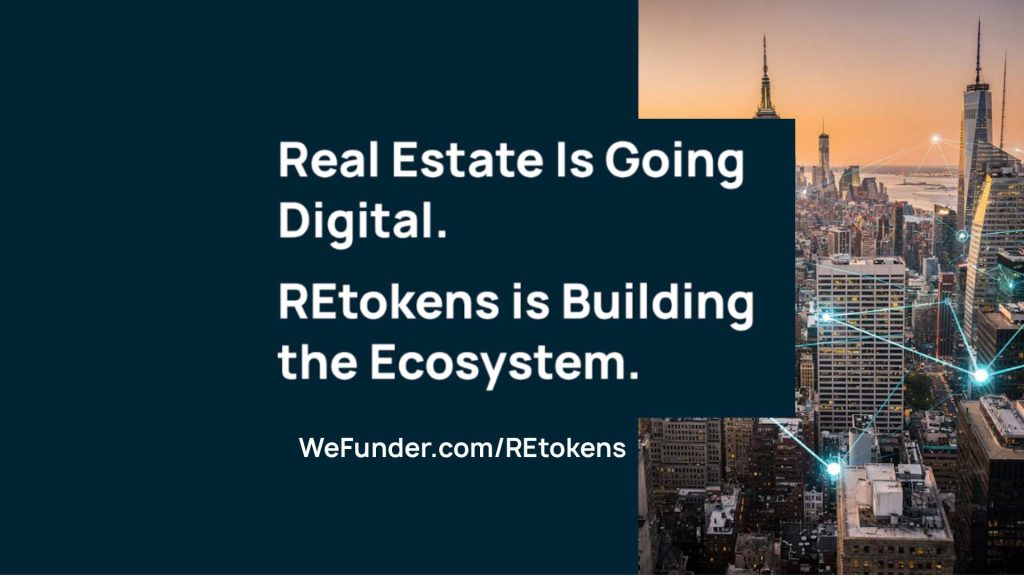Understanding Real Estate Liquidity and What Illiquidity Actually Costs You
The illiquidity in real estate definition is straightforward: once capital is invested in property, it becomes extremely difficult to access without selling the entire asset or going through lengthy refinancing processes. This creates real problems for both syndicators and investors.
For investors, illiquid real estate means their capital is locked away for years, sometimes forcing them to pass on other opportunities or face financial strain when unexpected needs arise. For syndicators, this illiquidity creates hesitant investors who are reluctant to commit large amounts of capital they can’t access.
The market recognizes this limitation through what’s called an illiquidity discount—the reduced valuation that illiquid assets receive compared to similar liquid investments. Investors essentially pay a premium for the privilege of having their money trapped.
Traditional Exit Strategies Fall Short
The conventional approaches to accessing equity in real estate come with significant drawbacks. Selling properties means losing cash flow and triggering tax consequences. Refinancing takes months and adds debt. Both options disrupt operations and limit your ability to capitalize on time-sensitive opportunities.
These limitations don’t just affect returns—they fundamentally restrict how you can scale your real estate business and respond to market conditions.
How Tokenization Creates Potential Liquidity Pathways
Real estate tokenization directly addresses the illiquidity problem by creating digital ownership units that can potentially trade on secondary markets. Instead of needing to sell an entire property to access equity, tokenization enables partial exits and ongoing trading opportunities.
Here’s what this means in practice: when you tokenize a property, you’re creating digital securities that represent ownership stakes. After required holding periods, these tokens can potentially trade on regulated secondary marketplaces, giving investors liquidity options that simply don’t exist with traditional real estate ownership.
For syndicators, this creates powerful advantages. You can access trapped equity without jeopardizing property ownership. You maintain operational control while giving investors the flexibility they increasingly demand. And you eliminate the illiquidity discount by offering something traditional syndications cannot—potential exit strategies beyond waiting for a full property sale.
The Competitive Advantage of Offering Liquidity
Forward-thinking investors are actively seeking tokenized real estate solutions because it addresses the illiquidity problem. They understand that illiquid real estate has historically meant accepting reduced returns in exchange for having capital locked away. Tokenization changes this equation.
When you offer tokenized investments with potential secondary market liquidity, you’re not just matching traditional syndication—you’re exceeding it. You’re providing institutional-grade flexibility while maintaining the fundamental benefits of real estate ownership: cash flow, appreciation, and tax advantages.
Moving Beyond Illiquidity Constraints
The illiquidity that has defined real estate investing for generations doesn’t have to limit your next deal. Tokenization provides the infrastructure to unlock equity, attract more investors, and build competitive advantages in an evolving market.
Ready to discover how tokenization can solve the liquidity challenges holding back your real estate business? Learn more about creating liquidity through tokenization with REtokens.





